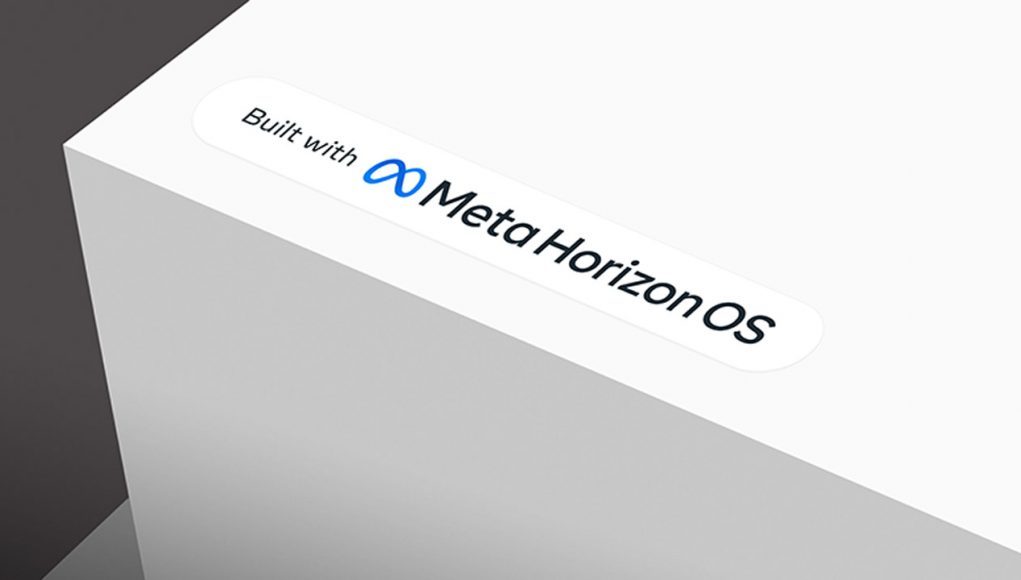Meta has publicly stated that it wants to be “the Android of XR.” But you know who else wants to be the Android of XR? Android XR, of course.
Beyond debates about specs or features, one major factor is likely to determine whether Meta can fend off growing pressure from Google and Apple in the XR landscape: flat apps.
Flat apps—like Spotify, TikTok, Snapchat, and Discord—aren’t the most exciting use case for a headset. But Vision Pro (which supports a massive library of flat iPadOS apps) has shown just how much value is added by fusing the XR experience with the apps we already know and love (rather than completely separating us from them when we put on a headset). And now Android XR is making the same play by supporting all existing Android apps on the Play Store.
While Meta’s headsets excel in gaming, it’s clear that XR’s potential extends far beyond gaming alone.
A company focused solely on gaming (like Nintendo) will never reach the scale of a company building a broader computing platform (like Microsoft). That’s why Microsoft is worth 43 times as much as Nintendo. Admittedly, this isn’t a perfect comparison (as Microsoft does much more than just build a computing platform), but hopefully the analogy is clear.
So between Meta and Google, we have two XR platforms:
- Meta’s Horizon OS has the largest and best library of immersive apps.
- Google’s Android XR has the largest and best library of flat apps.
To dominate XR, both need what the other has. But who faces a bigger challenge?
Meta, it seems, is in a tougher spot.
Immersive app developers are hungry for growth. If a popular game can gain 25% more users by porting to Android XR, the decision if obvious.
By contrast, major flat apps (like Spotify, TikTok, Snapchat, and Discord) stand to gain relatively little growth from porting to Horizon OS. They’d be lucky to gain even 0.25% more users than they already have on the entirety of Android.
And you might be thinking, “Horizon OS is based on Android, so porting apps should be easy!” That’s true—the technical side of porting may be relatively simple. But for massive apps with huge userbases and constant updates, the real challenge is in the ongoing support and maintenance, which is no small commitment.
As a result, Google is better positioned to attract key immersive apps to Android XR than Meta is to bring critical flat apps to Horizon OS. Without a critical mass of flat apps, Meta’s headset risk being relegated as immersive gaming consoles rather than general computing devices.
And that’s very much not where Meta wants to be. In fact, the whole reason Meta got into XR a decade ago was quite literally to control XR as the “next computing platform” before Apple or Google could take over.
You may not find flat apps to be an essential part of the XR experience, but there’s no doubt that if one platform has both key flat apps and key immersive apps, it will beat out the platform that has only one or the other.
Even if Meta makes better hardware (let’s say they just consistently make headsets that are 20% faster, lighter, and cheaper than the equivalent Android XR headset), I still don’t think that will matter in the long run, compared to whether or not they have core flat apps available on their platform.
This is an existential risk to Meta’s XR ambitions, and one that doesn’t have any obvious solutions.







